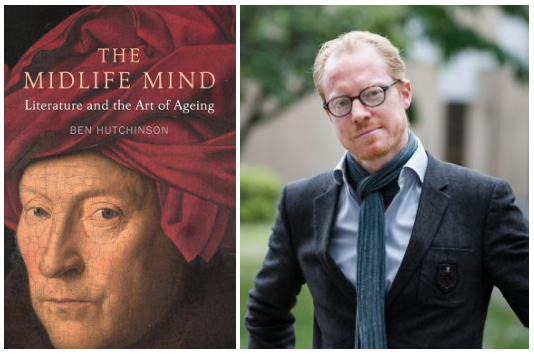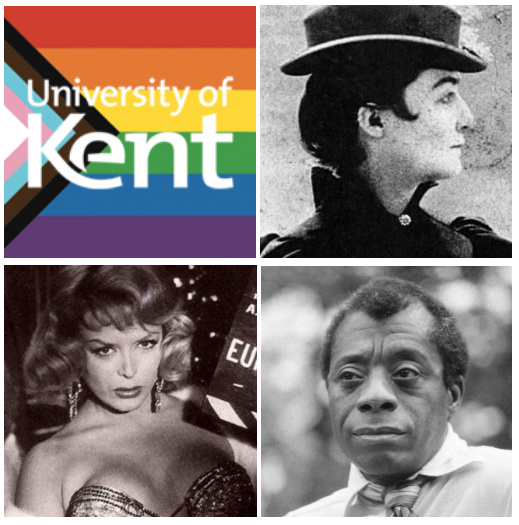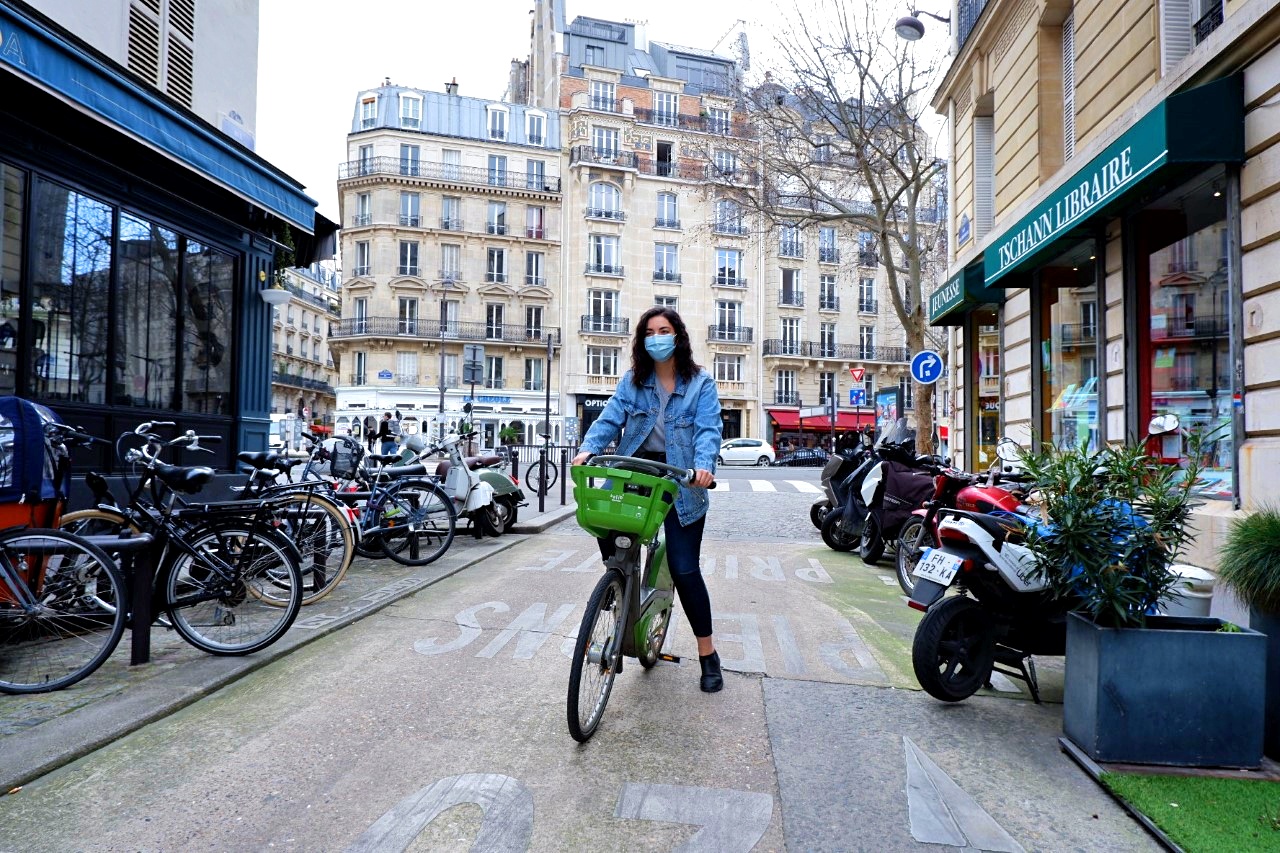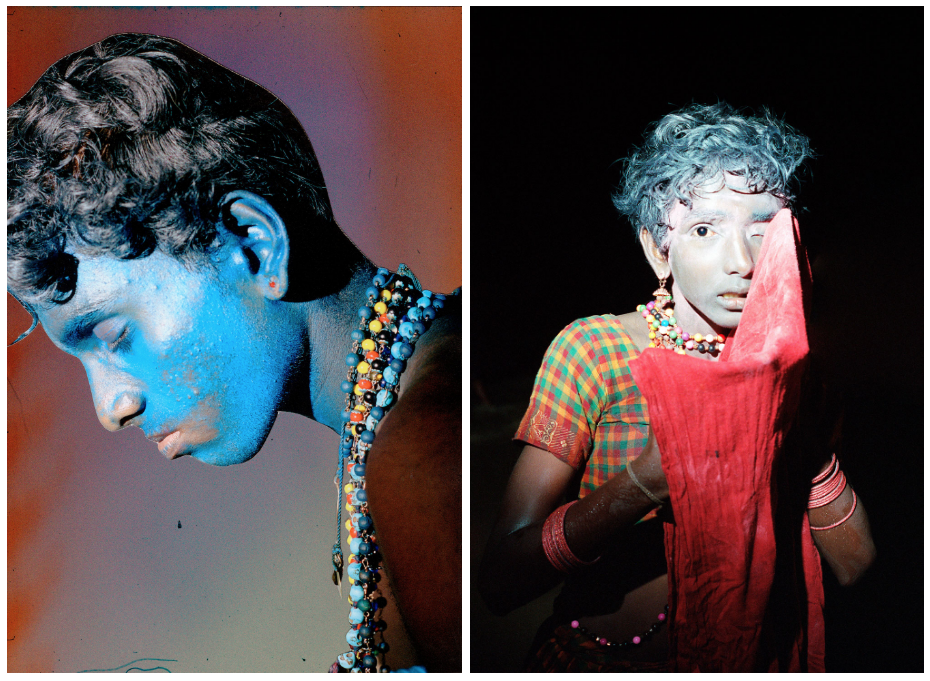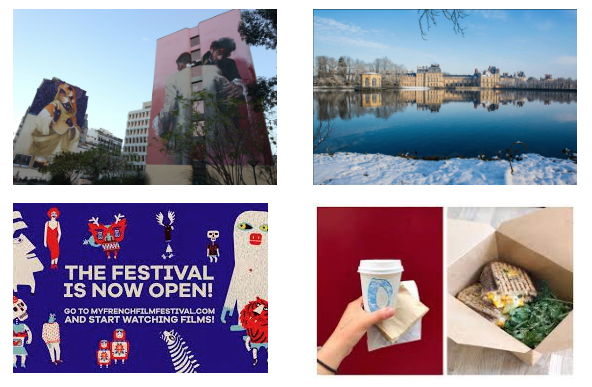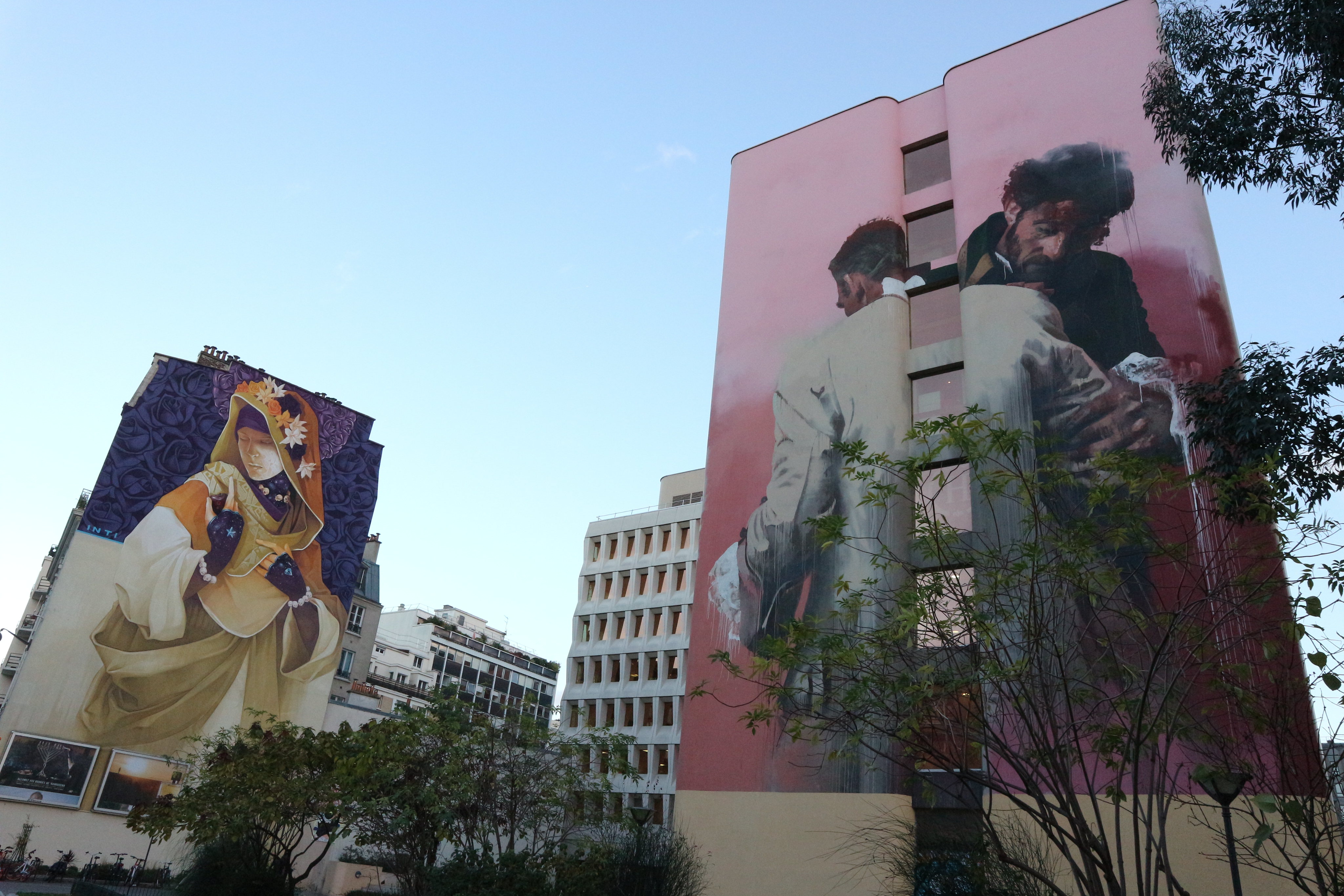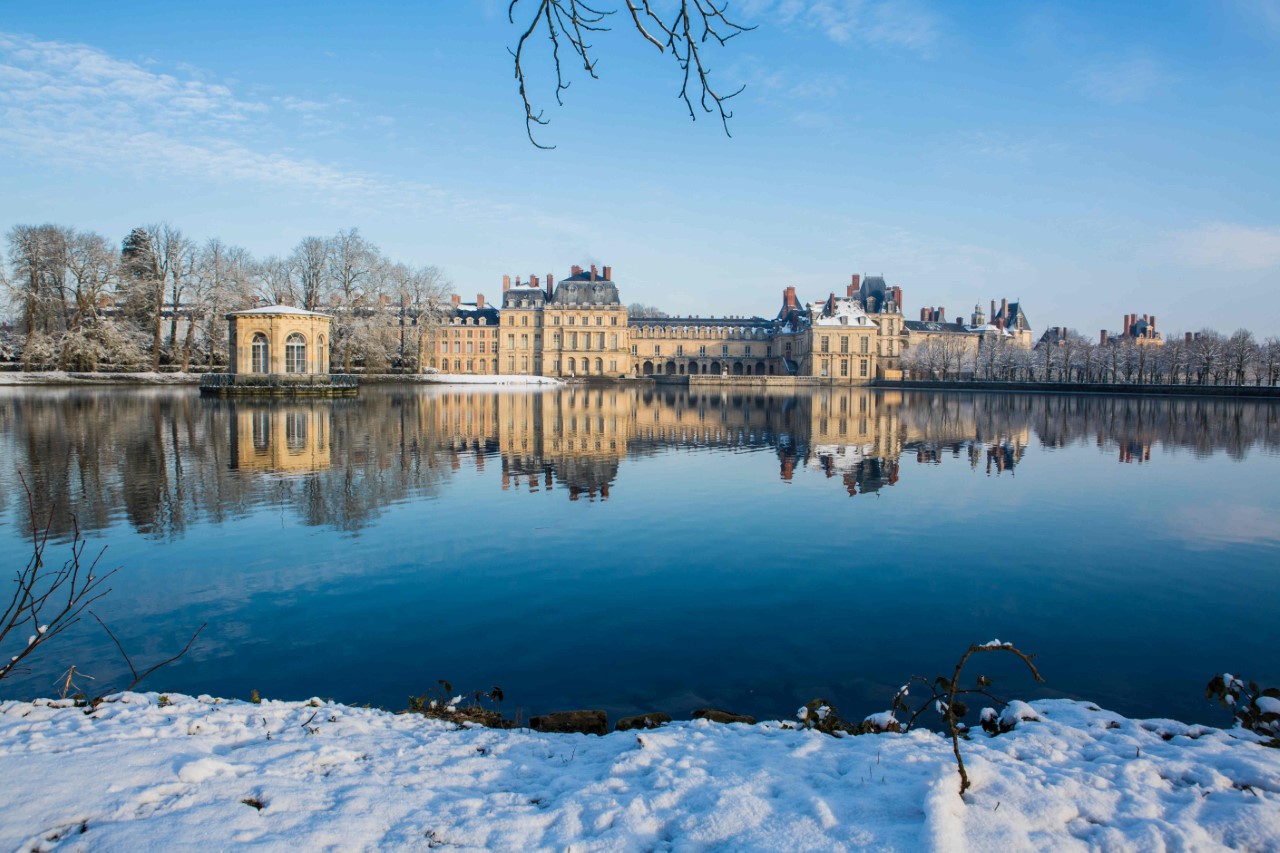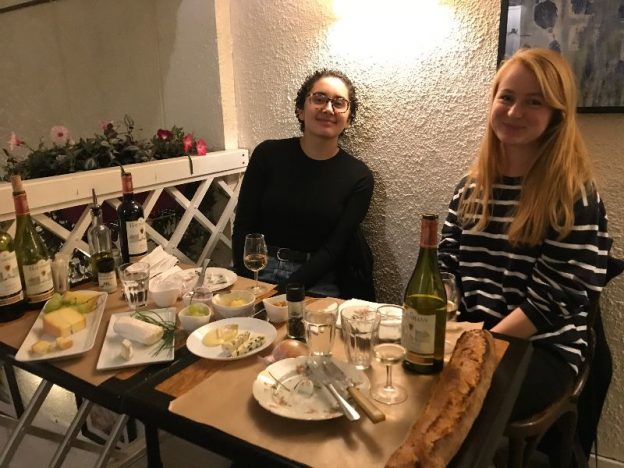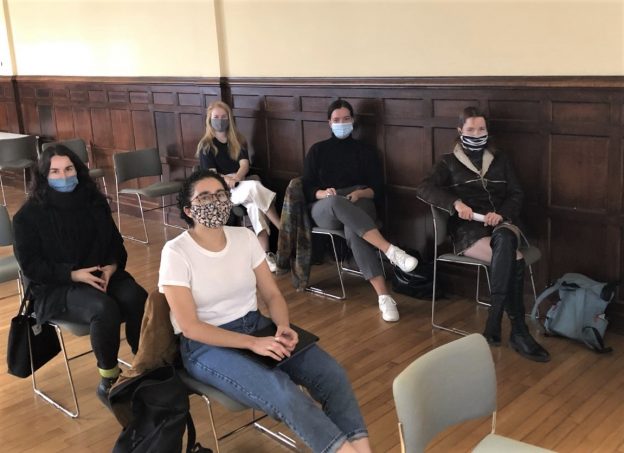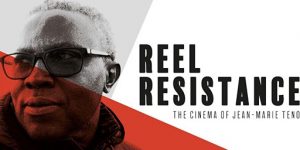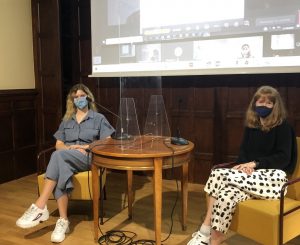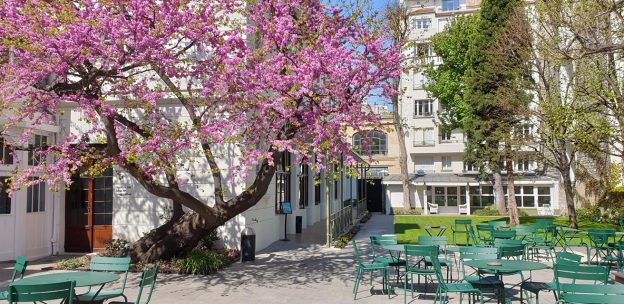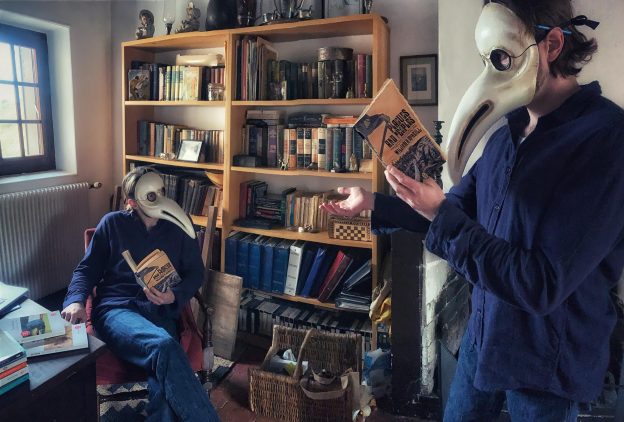February is LGBTQ History Month in the UK. Here at the Paris School of Arts and Culture, we are commemorating this by putting a spotlight on a selection of queer writers, artists, performers, filmmakers and innovators, both French and foreign, who left an important mark on Paris, a city which has long been a more liberating and welcoming place for non-conforming creatives. Some are also featured in our MA Programmes in Film, Creative Writing and the Philosophy of Art History.
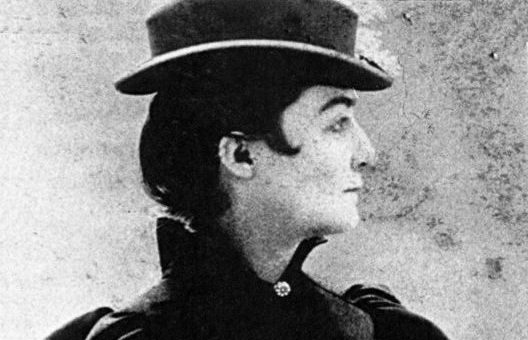
Novelist and Playwright Rachilde
Rachilde
A symbolist novelist and playwright, gender-bender Rachilde became one of the most important writers of the late 19th century. Born in the French countryside in 1860, Marguerite Vallette-Eymery moved to Paris at the age of 18, adopting a masculine haircut, started wearing men’s clothing and took up the pen name and gender ambiguous identity of Rachilde. Introduced via a cousin to the world-renowned actress Sarah Benhardt, Rachilde quickly integrated into the Parisian cultural world. Rachilde began hosting a weekly literary salon which was popular with other non-conformist writers and intellectuals. Rachilde is best known for the controversial erotic novel, Monsieur Venus, published in 1884 and which led being tried for pornography and convicted in absentia in Belgium.
Rachilde, along with Jane Dieulafoy and Marc de Montifaud, two other late 19th century writers who also did not conform to the era’s notions of femininity, are examined by Dr Rachel Mesch in her recent book Before Trans. Dr Rachel Mesch was a recent guest of the American Library in Paris’ Evenings with An Author series. You can view the recording of this discussion at this link.
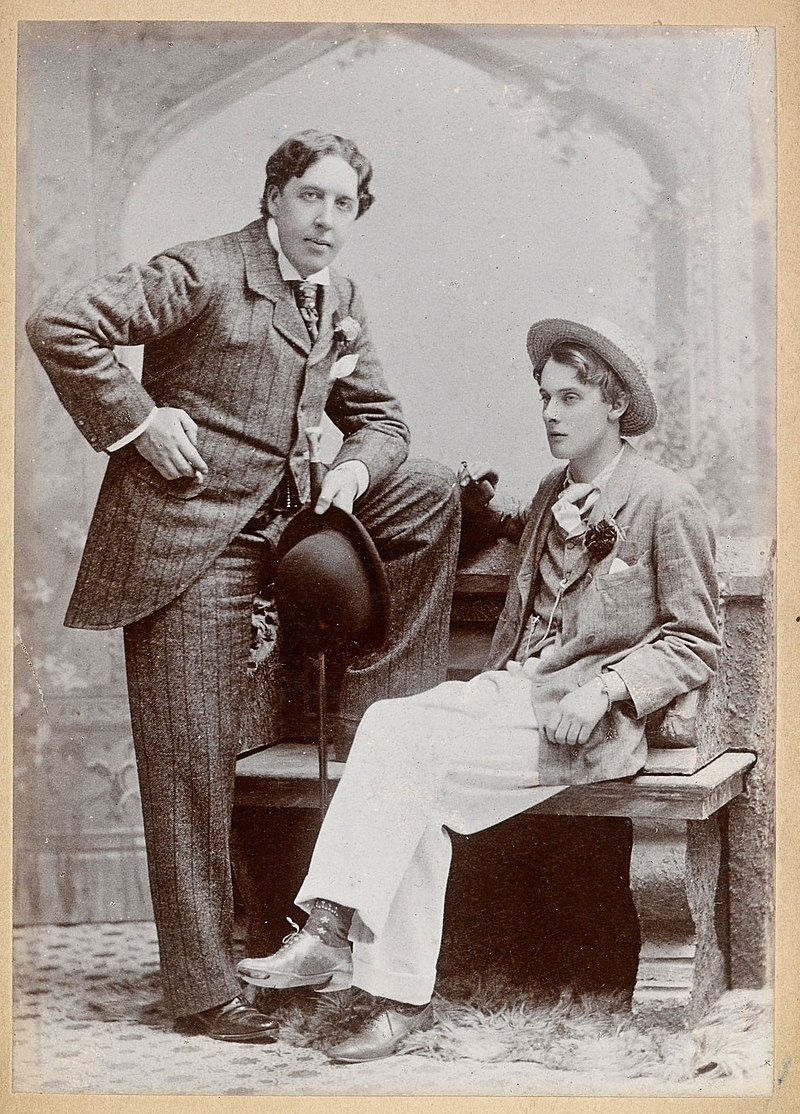
Writer Oscar Wilde and lover Alfred Douglas
Oscar Wilde
Over the last 150 years, Paris became a haven for various foreign queer creatives, one of the earliest being Irish poet and playwright Oscar Wilde. In 1895, at the height of his success, Wilde was convicted of gross indecency with men and sentenced to two years of hard labour. Immediately upon his release, he exiled himself in France, first living in the northern seaside town of Berneval-le-Grand with his lover Robert Ross. This is where he wrote his last work, The Ballad of Reading Gaol (1898), a long poem describing the harsh realities of prison life. Wilde eventually moved to Paris, renting a room at l’Hôtel d’Alsace, a dingy hotel in the Saint-Germain neighhourhood which has since been transformed into the chic L’Hôtel. Impoverished, this is where Wilde tragically died of meningitis on 30 November 1900. His tomb in Pere Lachaise cemetery has become a pilgrimage site for fans the world over. In addition to Wilde’s own writings, the writer was the topic of the 2018 film The Happy Prince written and directed by, and starring Rupert Everett.
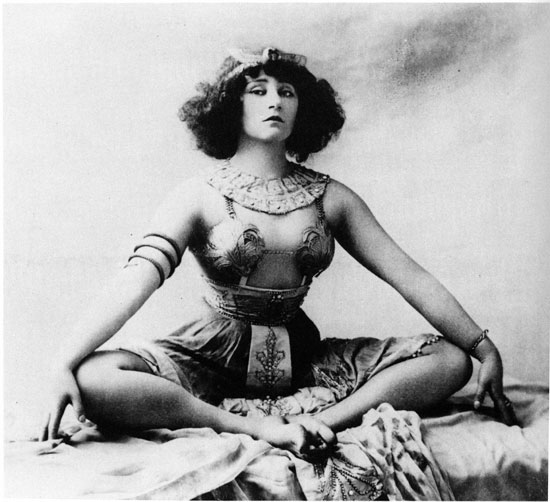
Colette in the “Dream of Egypt” show at the Moulin-Rouge in 1907, photo: Léopold-Émile Reutlinger / CC
Colette
Often considered as France’s greatest femme de lettres, Colette was open about her lesbian relationships (first encouraged by her first husband) and challenged gender norms throughout her career. In addition to writing, she was also a theatre performer and mime. During one such performance at the Moulin Rouge in 1907, entitled “La Reve d’Egypte (“The Dream of Egypt”), she caused an immense scandal by passionately kissing her lover, Mathilde de Morny, on stage. Colette wrote over 30 works, her most famous being the novella Gigi. Published in 1944, the book recounts the story of a young courtesan who defies tradition by marrying her wealthy lover. It was later adapted to film, first in 1949 by French director Jacqueline Audry and then in 1957 as a Hollywood musical film which went on to win Best Picture at the Academy Awards. She too was the subject of a biopic in 2018; simply entitled Colette, it was directed by Wash Westmoreland and starred Keira Knightley.

Gertrude Stein, Basket and Alice B. Toklas in LIFE Magazine, Photography by Carl Mydans
Gertrude Stein & Alice B. Toklas
Influential figures in early 20th century literary and artistic circles, the American couple first met in Paris in 1906 and remained together until Stein’s death in 1946. In addition to collecting art, they hosted weekly salons in their apartment on rue Fleurus, which attracted to top artist and writers of the era. Stein wrote several books, including one on the great Spanish painter, Picasso, (studied in our Modernism and Paris module of our Paris MA Programmes) and The Autobiography of Alice B. Toklas, a quasi-memoir of their Paris years written in the voice of Alice B. Toklas. Tolkas also published a few works: two cookbooks and an autobiography entitled What Is Remembered.
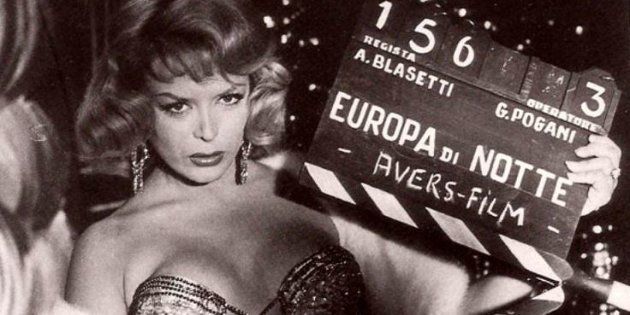
Coccinelle in Europa di Notte, directed by Alessandro Blasetti
Coccinelle
A transgender French actress, entertainer and singer, Jacqueline Charlotte Dufresnoy, who went by the stage name Coccinelle (French for ladybug/ladybird), was the first widely publicised post-war gender reassignment case in Europe. She made her debut as a transgender performer in 1953 at Madame Arthur, Paris’s first drag cabaret (which is still open and puts on an excellent show). In 1958 she underwent a vaginoplasty in Casablanca and became a media sensation upon returning to France. Her career continued to flourish, both on stage and on screen. In 1960 she married journalist Francis Bonne, which was the first transgender union to be legally recognised in France. Throughout her life, she was also an important advocate for transgender rights.
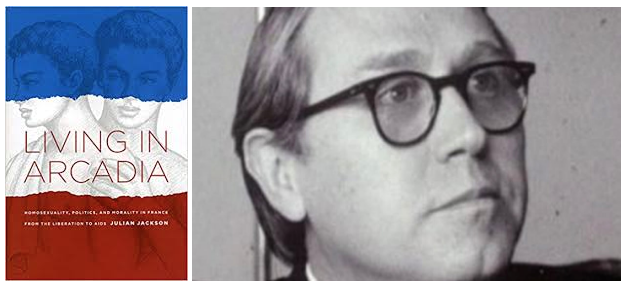
Living In Arcadia by Julian Jackson and André Baudry
André Baudry
A former seminarian and philosophy professor, André Baudry founded Arcadie in 1954, France’s first organisation for “homophiles”, a term Baudry preferred to “homosexuals”. A magazine and clubhouse followed soon afterwards. At the time, it was the only public voice for French gays and, over the course of its 30-year history, it became the largest group of its kind in France. The organisation garnered the support of a range of personalities from Jean Cocteau to Michel Foucault, however, that isn’t to say things were always smooth sailing. After its launch, the magazine was censured and forbidden for sale to minors. In 1955, Baudry himself was prosecuted for “outrage aux bonnes mœurs” (outrage against good morals), convicted, and fined 400,000 francs. The history of the organisation, and this time period in France, are explored in Historian Julian Jackson’s book Living in Arcadia (University of Chicago Press, 2009).
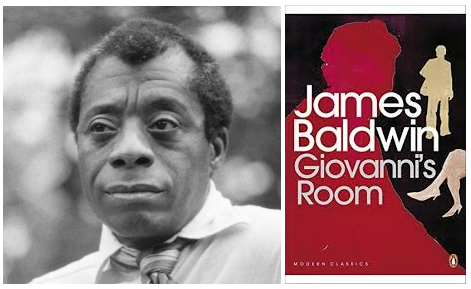
Writer James Balwin, Giovanni’s Room (1956)
James Baldwin
American writer and activist James Baldwin first came to Paris at the age of 24, attracted to the greater freedom France offered him as both a person of colour and a homosexual. Shortly after his arrival, Baldwin got involved in the cultural radicalism movement that was brewing in the Rive Gauche. He was also working on his second novel, Giovanni’s Room, which was published in 1956. Set in Paris, the story revolves around a tormented love affair between the American narrator, David, and Giovanni, an Italian bartender. The book caused considerable controversy at the time of its publication due to its homoerotic content, but went on to become a seminal work in queer literature. You can delve further into Giovanni’s Room in this powerpoint by Kent staff member Dr Declan Kavanagh or this article in the Guardian. Baldwin spent much of the rest of his life living in France, namely in the southern French village of Saint-Paul-de-Vence, where he settled in 1970. The writer’s contributions to the Paris’s cultural heritage will be honoured with a new media library dedicated to him, scheduled to open in 2023.
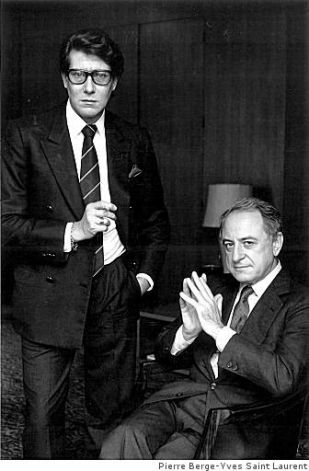
Yves Saint Laurent and Pierre Bergé, 1983. Foundation Pierre Bergé Yves Saint Laurent.
Yves Saint Laurent and Pierre Bergé
Partners in life and business, Yves Saint Laurent and Pierre Bergé’s impact on Paris’s creative world went far beyond fashion. Working as a designer for Dior, Yves Saint Laurent met businessman Pierre Bergé in 1958. They went on to launch Yves Saint Laurent’s own fashion house together in 1961. Although the couple’s relationship ended in 1976, they remained lifelong friends and business partners. In 2002 they created the Fondation Pierre-Bergé-Yves Saint Laurent in the designer’s former studio and offices, housed in a historic mansion in the 16th district of Paris. It hosts temporary exhibits on Saint Laurent’s work and provides support to cultural institutions and projects. You can view their collection online here or you may like to watch one of the two French films on the designer released in 2014; Jalil Lespert’s Yves Saint Laurent and Bertrand Bonello’s Saint Laurent, which was an official selection at that year’s Cannes Film Festival. You’ll have to watch both to decide which one you think is best!
—
Further Resources
120 bpm – This is another recent film we can highly recommend. The movie chronicles how ACT UP Paris fought to increase awareness of queer rights and information on the AIDS crisis in the early 1990s in France. Directed by Robin Campillo, it won the Grand Prix at Cannes in 2017 and six César Awards (the French Oscars) including Best Film.
Les Mots à la Bouche – You can find an extensive collection of books and DVDs at this LGBTQ bookshop located in the 11th arrondissement.
LGBTQ Centre Paris – This popular community centre in the Marais organises workshops, talks, has lending library and is a great resource on LGBTQ events, culture, wellbeing and activism in Paris.
